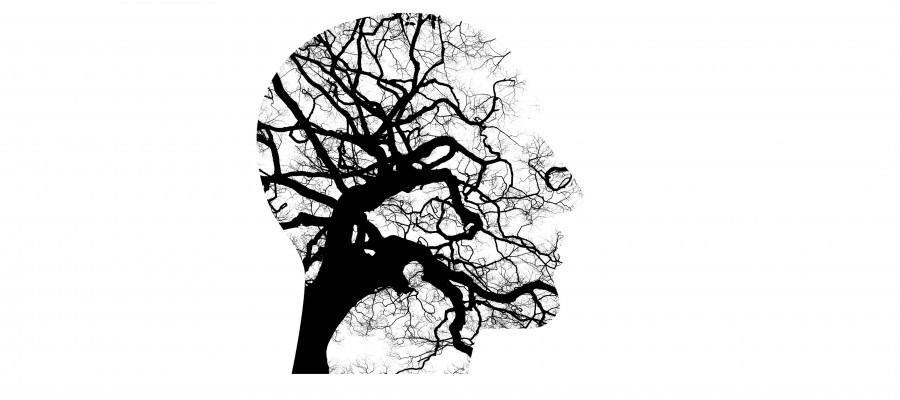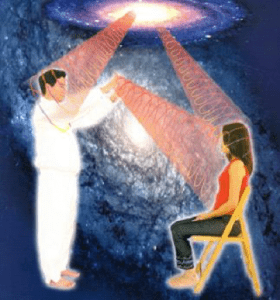Etymological analysis of Psychotherapy: From the Greek word ‘soul’ (noun ‘psychi’, verb ‘psychein’, ie. ‘pneo’) which literally means ‘breathe’, it is the sign of life in the body which manifests itself through breathing. However, since ancient times the term was used to signify much more, particularly in terms of the cognitive functions of man and the afterlife, with especially the latter having dominated religion and philosophy. Because of the many views on religious-philosophical meaning of ‘soul’, the definitions are at least dozens, but the most common is the one that defines the soul as the intangible essence of man which is the essence of personality, survives the death of the body, being immortal, and then switches to either another state or another body. The fact is that this common definition is largely based on the Platonic psychology, namely the study of the soul, which, despite the gaps, influenced and continues to influence scholars, philosophers and theologians. Nevertheless, the views discussed in Platonic works constitute an attempt to systematise and develop pre-existing theories, since the questions about the nature of man and death are older than Plato and may have been of interest to all civilizations.
The essence of psychotherapy: so if the soul is the immaterial substance of man, how does it get sick and how can it be ‘healed’? Our approach to the issue of mental illness is that the soul is not sick, it can only be found in disharmony with our physical body and how we live in spatiotemporal reality. This disharmony is the common root cause of all disease. The soul comes into a physical human body with an intention to evolve, this is indeed the purpose of the incarnation: the evolution of the soul in an upper tier and thereby its contribution to the perpetual evolution of the universe. As a small child you do not know this evolution intent of the soul, but you can listen to it as you develop physically and mentally. The child does not have the powers and abilities of an adult, both in a physical and emotional-mental level, so they often become ill, somatising any difficulty.
The abilities for practical response develop gradually, while growing up. That is why a little child is sensitive to external influences, which can stimulate the building of a wall as a defence to protect their emotional world. The mental level develops at the same time, and values and beliefs are built, depending on the environment – family and social – in which one grows. These two walls, the wall of emotional defence and the wall of mental values and beliefs, can block the soul’s connection to the consciousness, so that the growing human is unable to listen to its plan and follow in their spatiotemporal journey. So disharmony appears, as mentioned above, which is expressed in disease at a physical level. In deeper disharmony, the mental level may become infected too, affecting the cognitive function and leading to a generic disorder, with regards to the entire social existence of man, as it happens for example in the case of substance addiction.
The next step is PsychoSpiritual Therapy.
The aim of psycho-spiritual therapy: conclusively, it is easily understood that psycho-spiritual therapy means the restoration of harmony with our souls. How can this be done? Firstly, by developing self-awareness and conscious awareness, both of the causes that have led us to this disharmony, as well as ways to reach our soul and listen to it. As this connection to our consciousness and soul becomes possible, the level of overall health is greatly improved, and the energy of the body increases, as emotional and mental blockages are alleviated. And so the energy flows seamlessly into the body and gives a feeling of well-being, as well as the possibility of strong effort towards the achievement of the soul’s plans. Other objectives of psychotherapy may be to train in communication and problem-solving techniques, the improvement of the image of self and self-esteem, improvement of personal and professional relationships, the strong acceptance of unavoidable pain in one’s life, the optimistic stance to adversity, improvement of the ability to recognise and express feelings, and the improvement or cure of psychosomatic symptoms. As a process, psycho-spiritual healing comprises a relationship – therapeutic – between a person (individual) or a group of people (group) and a therapist, who (through the therapeutic relationship) helps the person to consciously perceive the causes of disharmony and to change the way they approach their life, by changing the behaviour. A pre-requirement in order for this to happen is the person’s desire to get into a process of changing themselves on all levels. The effect of psychotherapy, is based on the type of therapeutic approach by 10%, on the therapist’s personality by 30% and on the patient’s readiness for change by 60%!
There are many psychotherapeutic approaches: Psychodynamic, Cognitive-behavioural, Systemic, and Humanistic are the most common. Our approach is synthesized and determined by the phase in which the client is in, when starting psychotherapy. Simultaneous administration of homeopathic remedies can help alleviate the symptoms – mental and physical- and achieve a sense of internal safety to the patient, so that they can more easily roll out the threads of their soul without triggering their deep-rooted defences. Parallel administration of Cosmic Energy Healing techniques help certain blockages of energy flow to release and let go, thus giving freedom to the inner approach of the patient’s core.
The therapeutic relationship offers an environment of trust, acceptance and genuine interest that allows the patient to come in contact with the unknown aspects of themself, to safely explore problems that concern them and to discover new ways of understanding and dealing with reality. The counsellor – therapist listens with respect and attention without judging, accepts and respects the patient’s weaknesses, also helping them to respect themselves too, to feel balance and inner harmony and strengthen their self-esteem. The feeling that one is important and worthy helps one to persevere in their efforts for self-improvement and the development of self-confidence. The counsellor – therapist guides the course of personal change but helps the patient to harness the forces that hide within, in order to achieve their own realistic goals. With the help of the therapist one learns to perceive reality more optimistically and to focus on the positive aspects of each situation, instead of the negative. One discovers new ways of dealing with everyday hardship. One reacts consistently to what oppresses them and looks for more opportunities for functional choices. The upper goal every time is to find the lesson that is hidden in everyday difficulties and burdens that come to our path. Finally, realizing and understanding this lesson is the major healing agent that changes all the person’s life and procedure. Psycho-spiritual therapy leads to understanding the behaviour of others but mainly our own one and the mechanisms that function subconsciously. So one may create boundaries but also forgive the harmful behaviour and also recognise and avoid unrealistic expectations. The evolving procedure of the Self ultimately guides to the improvement of relations within and with others.








